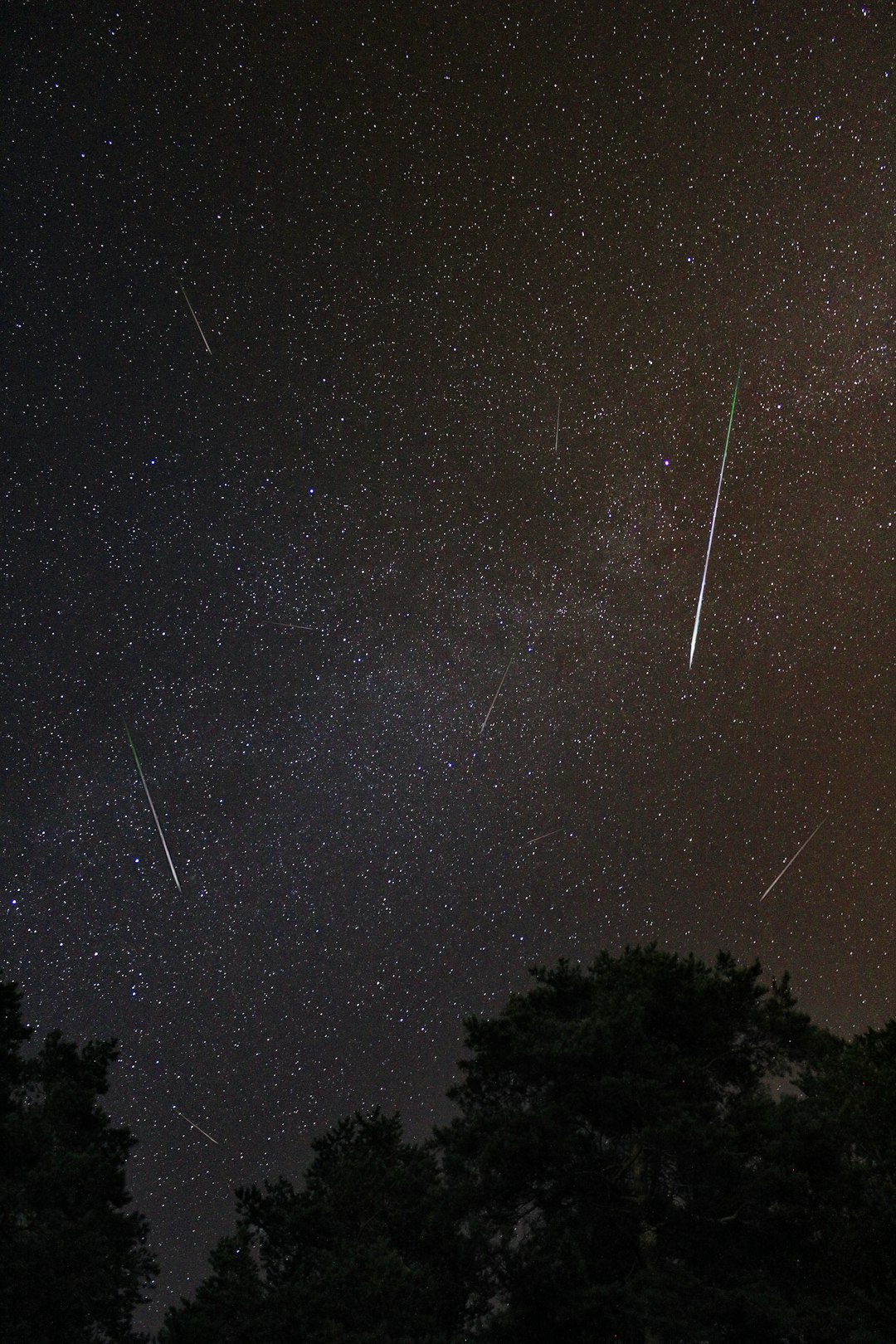Meteorologist Matapae Huarere
Meteorologists study the atmosphere to understand and predict weather and climate.
Meteorologists may do some or all of the following:
- monitor and study weather systems and atmospheric patterns using satellites and radars
- study and predict weather conditions and climate trends using computer forecasting models
- prepare weather maps and forecasts for the media, and shipping and airline companies
- design experiments and equipment to measure air quality and composition, ozone, greenhouse gases and pollution
- be involved in public awareness programmes about the weather
- supervise the work of people in other technical roles
- teach and supervise students at universities
- write up results of experiments and publish work in scientific journals.
Physical Requirements
Meteorologists need to be reasonably fit and enjoy working outdoors because some field work may be involved.
Useful Experience
Useful experience for meteorologists includes:
- practical work experience in the environment, physical science or geography
- weather-related interests such as surfing, gliding, flying, skiing, tramping, diving and fishing.
Personal Qualities
Meteorologists need to be:
- good at problem solving and planning
- curious and observant
- good communicators with an ability to write reports and research papers
- organised and able to work to tight schedules
- persistent, patient and motivated
- able to work well in a team.
Meteorologists working in research need to have good investigative and analytical skills.
Skills
Meteorologists need to have:
- knowledge of atmospheric physics, chemistry, meteorology, physical geography and maths to understand weather, cloud systems, and past and present climates
- an understanding of what affects the weather in certain regions
- skill in performing experiments and operating scientific equipment.
Conditions
Meteorologists:
- usually work eight-hour shifts at MetService
- usually work regular business hours at universities or research institutes, but may work longer hours in the field
- mostly work in laboratories and offices, but may work outdoors when doing fieldwork
- may travel nationally and overseas to do research, attend conferences or work with other scientists.
Subject Recommendations
NCEA Level 3 is required to enter tertiary training. Useful subjects include English, physics, chemistry, maths and geography.
Related Courses
Meteorologists can earn around $48K-$60K per year.
Pay for meteorologists varies depending on skills, experience, and where they work.
Pay at MetService
At MetService, where most meteorologists work:
- New meteorologists usually start on $48,000 to $60,000 a year.
- After four to seven years' experience they usually earn between $60,000 and $90,000.
- Senior meteorologists with 8 to 10 years' experience can earn from $90,000 to $120,000.
Meteorologists at MetService also earn extra allowances for doing night and weekend shifts.
Pay at research institutes and universities
At research institutes and universities, meteorologists usually earn between $70,000 and $165,000 a year.
Sources: MetService, 2020; NIWA, 2020; and Glassdoor, 2020.
Meteorologists at MetService may progress to work in:
- severe weather forecasting
- management positions such as project or team leader
- training roles
- computer modelling
- marketing and consulting.
Meteorologists working as researchers may progress to senior research scientist, policy analyst or managerial roles.
Meteorologists can specialise as climatologists, who study ozone and air quality, greenhouse gas emissions, weather hazards and agricultural productivity, and renewable energy.
Years Of Training
4-6 years of training required.Requirements for meteorologists
To become a meteorologist you need to complete a trainee meteorologist programme and gain a Master of Meteorology.
You need to have a Bachelor of Science in maths or physics to be accepted into the programme, but other majors are considered if there is enough maths and physics included.
MetService and Victoria University of Wellington oversee the traineeship programme.
- MetService website - information about traineeship requirements and course details
- Victoria University of Wellington - information on the Master of Meteorology programme
Requirements for researchers in meteorology
To become a meteorology or climatology researcher at universities or research organisations, you usually need a Masters or Doctorate in physics, chemistry, maths, geography, meteorology or a related area such as atmospheric physics.

 Marlborough Boys’ College
Marlborough Boys’ College